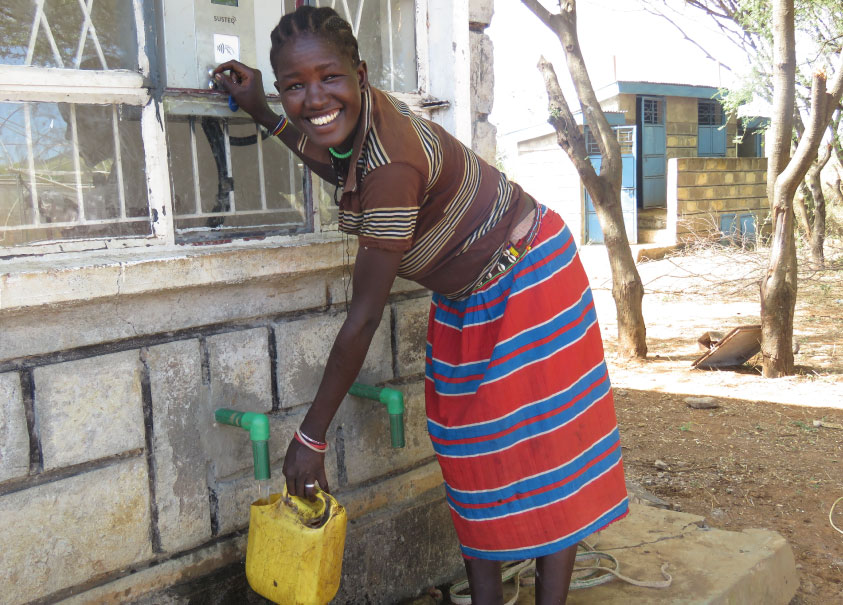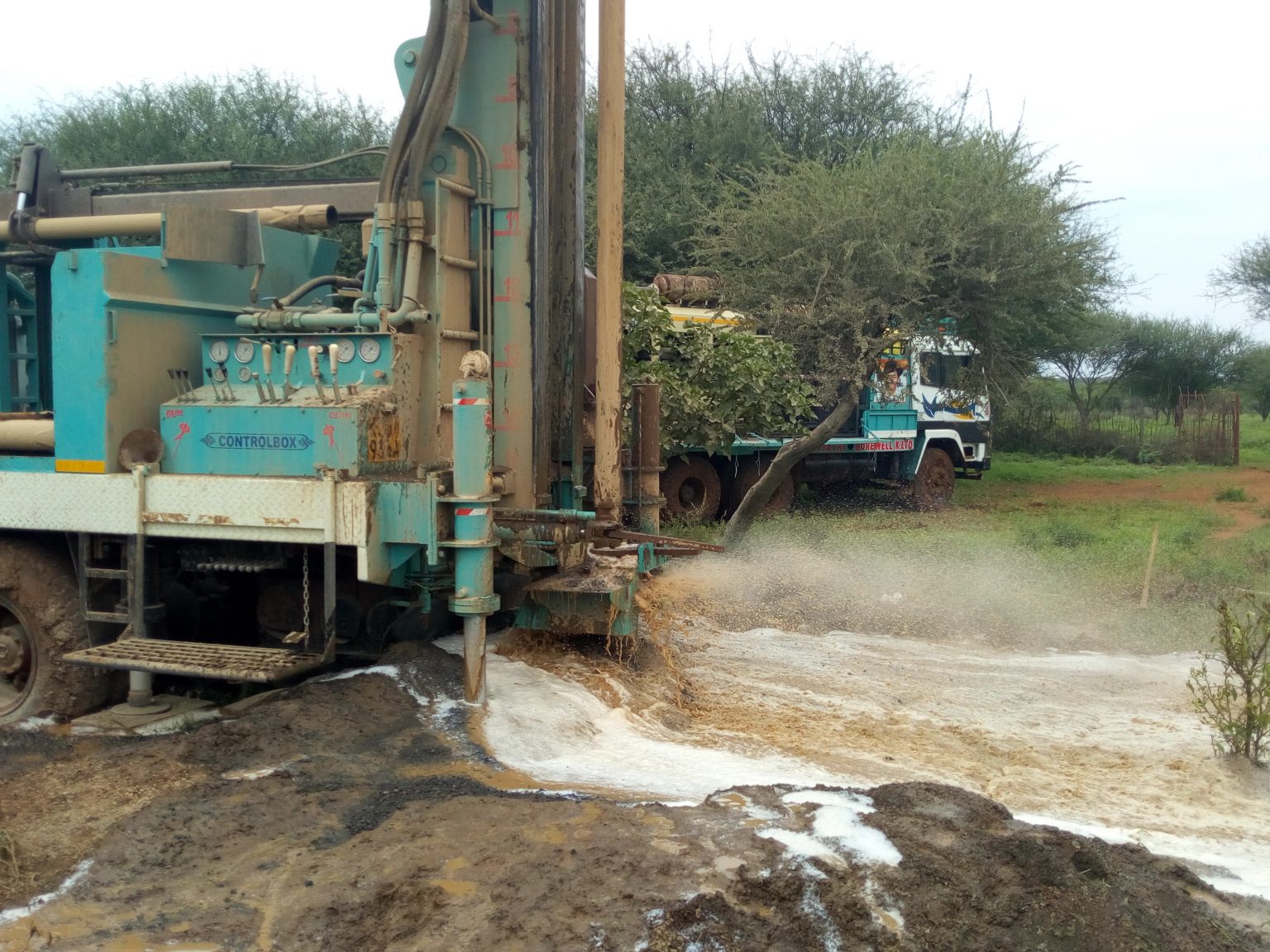Water, sanitation & hygiene (wash)

Access to water by communities and individuals is a human right. Water is essential for the economic and social development of any area. It’s supply and use must be managed through structures representing all sectors of the population, with emphasis on local communities. Acquiring water remains a gruelling chore for those in the developing world and primarily women and children whose powerlessness gives them little say over water management. These categories of people are forced to spend as much as eight hours daily hauling water from distant sources. No water, no life, and no way around it.
FSK's Role in the Agricultural Social Development sector
FSK as a player in the agricultural and social development of the Country plays her role in bringing water closer to rural communities, especially the majority who rely on agriculture and pastoralism as water is vital to these activities. FSK also recognizes that providing water facilities alone is not enough and thus seeks to involve the communities in addressing their issues for them to own the projects and thus ensure sustainability. Communities are trained on various important issues to improve management and address related issues including health behaviour and proper sanitation and the need to conserve the environment. FSK has been implementing water and sanitation programs in the region, but mainly in the arid and semi-arid areas where communities are water stressed.
These communities walk for over 10km away to collect water. The water they get may not be adequate and sometimes not safe for drinking. During drought periods, the communities keep on migrating in search of this precious commodity- “water”.
FSK has therefore been involved in bringing multi-water solutions to such communities. These multi- solutions range from earth dams, boreholes, sand dams, grant schemes etc. After successful implementation of the programmes, the communities settle down, children start going to school, there is time and energy saved by the members which they direct into other economic activities, women are able to take care of their families better than before, the production of livestock improves due to less walking and access to adequate water for drinking.
As a result of access to water, communities are changing their way of living and embarking on farming activities- growing of vegetable, fruit trees, establishing of tree nurseries to conserve the environment, growing of traditional high-value crops that are drought-resistant. These ensure food security and less dependence on food aid.

Milestones/Achievement.
5400 households in Baringo County (ASAL) and 7200 households in Nakuru County have been supported to access water through boreholes, sand dams, earth dams and construction of water tanks and toilets.

